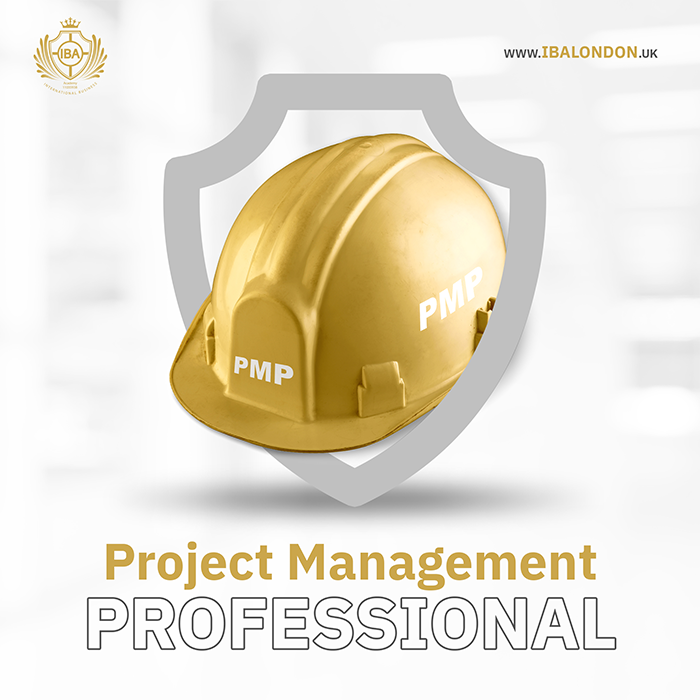Project Management:
“Project Management Professional” (PMP) is a globally recognized certification offered by the Project Management Institute (PMI). The PMP certification is designed to validate a project manager’s skills, knowledge, and expertise in effectively managing projects. It is widely regarded as a standard for project management excellence and is often sought after by professionals looking to advance their careers in project management. Here are some key aspects of the PMP certification:
- Certification Requirements: To be eligible for the PMP certification, candidates typically need to meet specific education and professional experience requirements. As of my last knowledge update in September 2021, these requirements include a combination of education (a bachelor’s degree or equivalent) and project management experience (a minimum number of hours leading and directing projects).
- Exam Content: The PMP certification exam assesses candidates’ knowledge in various areas of project management, including project initiation, planning, execution, monitoring and controlling, and project closure. The exam is based on the Project Management Body of Knowledge (PMBOK) guide, which is a comprehensive reference for project management principles and practices.
- PMBOK Guide: The PMBOK guide outlines the fundamental concepts, processes, and best practices in project management. It covers areas such as project scope, time management, cost management, quality management, risk management, communication management, and more.
- Preparation: Many individuals prepare for the PMP exam by studying the PMBOK guide and other relevant study materials. There are also PMP exam prep courses and study guides available that help candidates understand the concepts, practice sample questions, and develop test-taking strategies.
- PMP Exam: The PMP exam is a multiple-choice, computer-based exam that tests candidates’ knowledge and application of project management principles. The exam typically includes questions that assess situational analysis and decision-making skills.
- Continuing Education: Once certified, PMP professionals are required to earn professional development units (PDUs) to maintain their certification. PDUs are earned through ongoing education and training activities related to project management.
- Recognition: Achieving the PMP certification demonstrates a high level of competence and expertise in project management. It is recognized by employers and organizations worldwide as a mark of professionalism in the field.
- Career Advancement: The PMP certification can open doors to new career opportunities and advancement in the field of project management. It is particularly valuable for those seeking leadership roles or positions with increased responsibilities.




